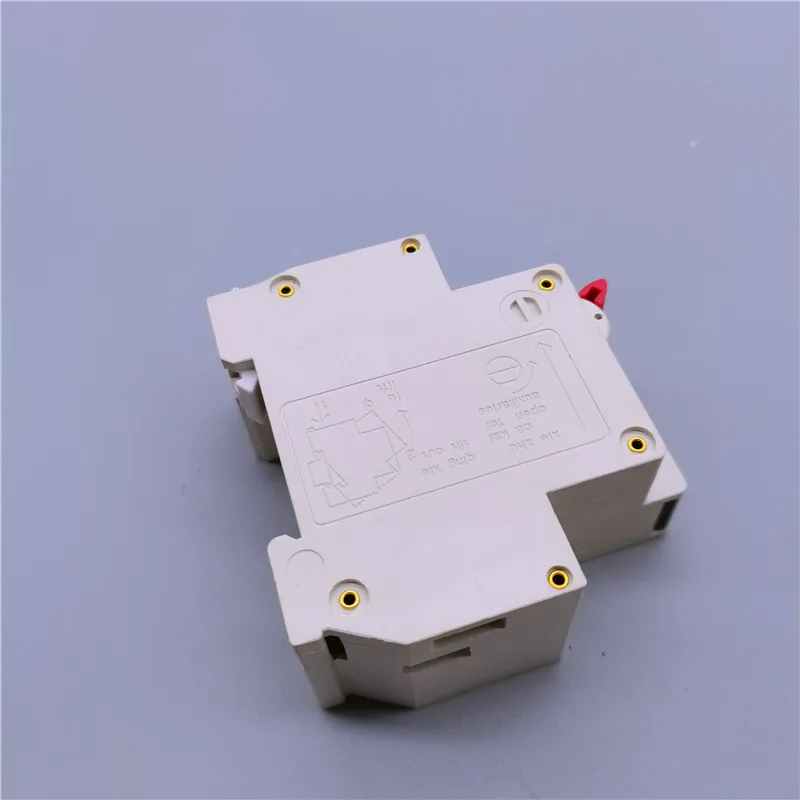Trowels are indispensable tools for various tasks, from gardening and construction to masonry work. They are primarily used for spreading, shaping, and smoothing materials like soil, mortar, and concrete. Whether you’re laying bricks, working on a garden, or installing geosynthetics for drainage, the right trowel ensures precision and efficiency. Trowels come in a variety of sizes and shapes, each specifically designed for different jobs.

What are the most common types of trowels?
Trowels come in different types to serve a range of purposes:
- Brick Trowel: Perfect for applying mortar and laying bricks.
- Pointing Trowel: A smaller version used for detailed work such as filling gaps.
- Garden Trowel: Best suited for planting and small digging jobs.
- Finishing Trowel: Ideal for smoothing and leveling concrete surfaces.
Choosing the appropriate trowel for your task ensures that you can work efficiently and accurately.
How are trowels used in masonry?
In masonry, trowels are vital for spreading mortar between bricks. Here’s how to use one:
- Scoop up a portion of mortar with the trowel.
- Spread the mortar evenly onto the brick or stone.
- Place the brick and press it into position.
- Use the trowel to remove any excess mortar and smooth the surface.
This process ensures strong adhesion and stability in the structure.
What should you consider when selecting a trowel?
When choosing a trowel, think about the following factors:
- Blade Size: Larger blades for spreading, smaller blades for precise tasks.
- Handle Comfort: A well-designed handle reduces hand fatigue.
- Material Strength: Stainless steel resists rust, while carbon steel offers greater durability but requires more care.
Can trowels be used in geosynthetic installations?
Yes, trowels are useful for installing geosynthetics, such as geonets for drainage control. They can help with:
- Leveling the ground before placing the geonet.
- Creating small trenches for securing the geonet.
- Compacting soil or gravel around the geonet to ensure proper installation.
This makes the trowel an essential tool even for more advanced technical applications.
With its versatility and precision, the trowel remains an indispensable tool for a wide range of tasks. Whether it’s gardening, masonry, or geosynthetic installations, having the right trowel makes all the difference.